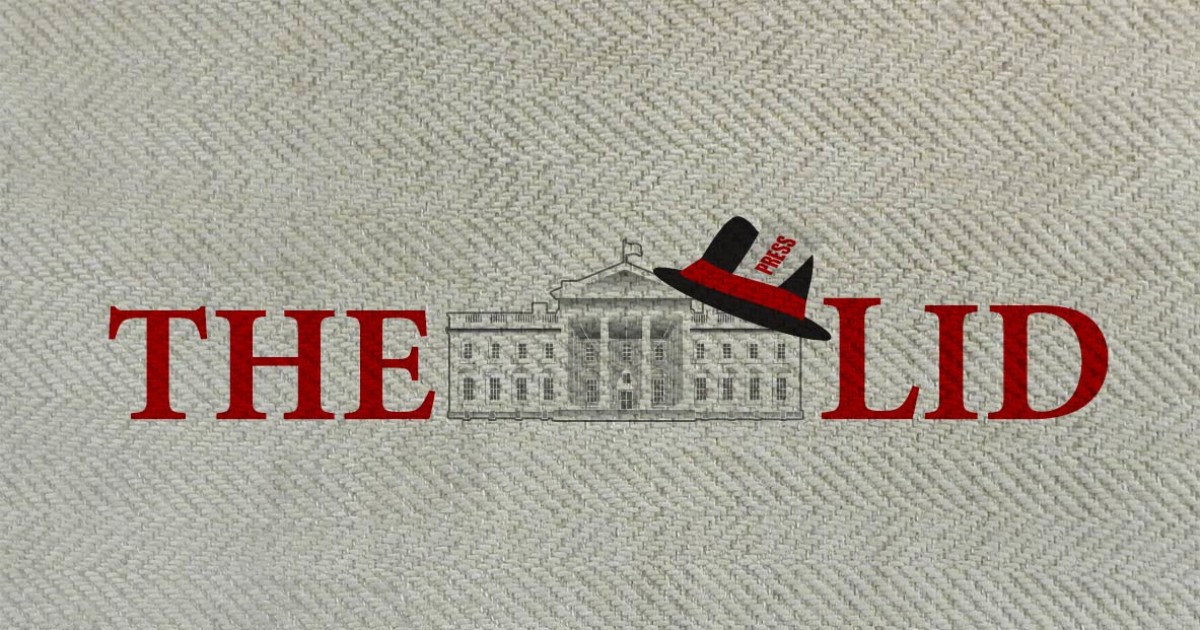Liberal and progressive politicians love to make fake charges of hatred when the anyone objects to their policies. It’s part of their philosophy, they truly believe they are smarter than everyone else so there cannot be a logical disagreement to a liberal idea—it must be based on hatred. That liberal philosophy is behind the blaming of last week’s pro-Brexit vote in Great Britain on racism and xenophobia.
CNN’s Christiane Amanpour for example, blamed the vote to leave the EU on, “very very xenophobic, anti-immigrant, very populist, nationalist, white identity politics.” Her views were echoed by many in the liberal media. The real truth is, the only thing making the Brexit vote a result of bigotry are the claims of the mainstream media and liberal politicians.
The number one reason for the Brexit vote was the desire by some British voters to maintain sovereignty over its own economy. The European Union has increased its control over member states economies. In areas where the EU has been granted authority like competition policy, agriculture, and copyright and patent law, the EU rules override national laws. Let’s face it, It’s bad enough when big government from one’s own country is establishing too much control over people’s lives. It is worse when it’s an international panel of unelected bureaucrats. Brexit supporter former London Mayor Boris Johnson Conservative politicians put it this way:
Sometimes these EU rules sound simply ludicrous, like the rule that you can’t recycle a teabag, or that children under eight cannot blow up balloons, or the limits on the power of vacuum cleaners. Sometimes they can be truly infuriating – like the time I discovered, in 2013, that there was nothing we could do to bring in better-designed cab windows for trucks, to stop cyclists being crushed. It had to be done at a European level, and the French were opposed.
Gee that doesn’t sound racist it sound like the fight against big government.
Even the “immigration” argument was economic as opposed to racist.
In more recent years, however, the challenges presented by mass European immigration complicated this neat picture of the prejudiced Conservative. Early on, David Cameron recognized that doubts about uncontrolled immigration were no longer limited to older white traditionalists who could be dismissed, fairly or otherwise, as motivated by racial resentment. Once the less-skilled immigrants at the heart of the immigration debate were Poles and Bulgarians rather than blacks and South Asians, one could more credibly argue that anti-immigration sentiment was driven by concerns about the fiscal and environmental impacts of immigration, not a blind hatred of outsiders.
And the last decade or so has indeed seen Britain become a highly sought-after destination for less-skilled European immigrants, thanks to the structure of the U.K.’s economy and its public policies. Recently, Martin Ruhs, an expert on international labor migration based at Oxford University, argued that free movement across the European Union is greatly complicated by the fact that different member states have different approaches to labor market regulation and the welfare state. First, countries with lightly regulated labor markets are generally more attractive to less-skilled immigrants than countries with tightly regulated labor markets, because high minimum wages and rigid limits on work hours tend to price less-skilled workers, native- or foreign-born, out of jobs. This is why there are so many less-skilled, non-European immigrants desperate to enter Britain from France—a country no less prosperous or safe than Britain— where it is far harder for immigrants to get on the labor market’s bottom rungs.
Rather than the influx of Muslim immigrants, which is the way the mainstream media has presented the story, Brexit was fueled by migration from other EU states, and Caucasian immigrants from Eastern Europe.
But lets face it, even if the progressives are correct and people voted for Brexit because of the influx of Muslim refugees– it would not be xenophobic. The definition of xenophobia is “intense or irrational dislike or fear of people from other countries.” In the case of the latest wave of Muslim refugees the fear is not irrational.
Take a look at reports from Germany, where Muslim rape squads terrorized Cologne on New Year’s Eve (which generated the slogan “rapefugees not welcome”) . There are also report that thousands of Christians in German refugee shelters are being persecuted by Muslims, sometimes even by their security guards. Those are only two of the many reports in Germany. In France and Belgium there’s been rioting by Muslim immigrants as recently as this past March.
Just before the attack in Orlando, a transgender man in Belgium was stabbed by Muslims who objected to his lifestyle. The two Muslim suicide bombers who blew themselves up in a Belgium airport and subway (killed 35, injured 228), were in the Netherlands in 2015, but because of the EU easy migration policies were able to move to Belgium. At least two of the terrorists who executed the November attacks in Paris were Belgium nationals who went to Syria to fight for ISIS. One used a fake Syrian passport under the name of Naim Al Ahmed and returned from Syria in September, entering Greece on a boat with migrants. Another went to Syria but it hasn’t been reported how he returned.
Two weeks ago CIA director Brennan warned about ISIS terrorists embedding themselves within the Muslim refugees.
The bottom line is that even if there is a fear of Muslim immigration in Britain, elsewhere, and even in the United States, it cannot be xenophobic, because based on what is happening throughout the world it is a very rational fear.
Liberals ignore that fear, claiming that these acts of terror have nothing to do with the radical islamist philosophy which drive them to kill. Now that is irrational.






